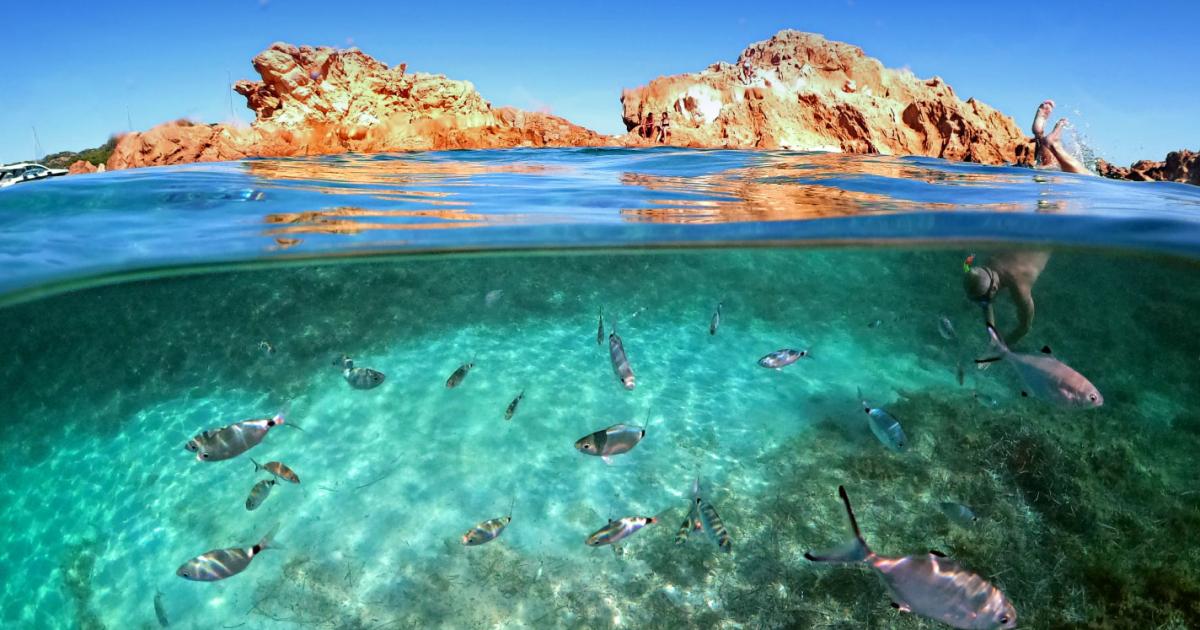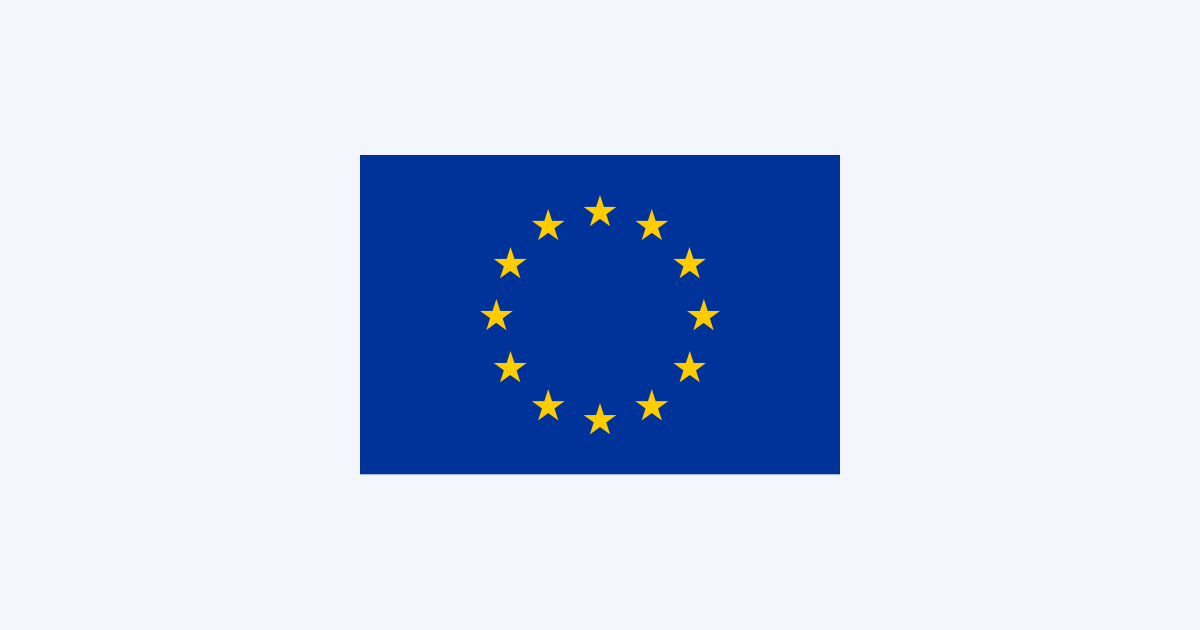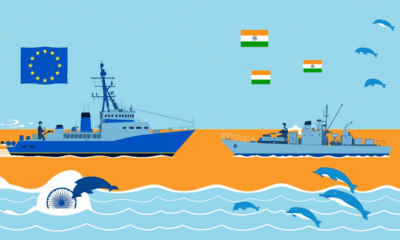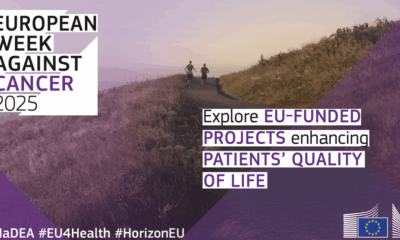Politics
Media Freedom Act: a new bill to protect EU journalists and press freedom | News
Under the new law, adopted by 464 votes in favour to 92 against and 65 abstentions, member states will be obliged to protect media independence and all forms of interventions in editorial decisions will be banned.
Protecting journalists’ work
Authorities will be prohibited from pressing journalists and editors to disclose their sources, including by detaining them, sanctions, office searches, or by installing intrusive surveillance software on their electronic devices.
Parliament added sizeable safeguards to allow the use of spyware, which will be possible only on a case-by-case basis and subject to authorisation by a judicial authority investigating serious crimes punishable by a custodial sentence. Even in these cases, subjects will have the right to be informed after the surveillance has occurred and will be able to challenge it in court.
Editorial independence of public media
To prevent public media outlets from being used for political purposes, their heads and board members should be selected through transparent and non-discriminatory procedures for sufficiently long terms of office. It will not be possible to dismiss them before their contract ends, unless they no longer meet the professional criteria.
Public media will have to be financed using transparent and objective procedures, and the funding should be sustainable and predictable.
Transparency of ownership
To enable the public to know who controls the media and what interests may influence reporting, all news and current affairs outlets regardless of their size will have to publish information about their owners in a national database, including if they are directly or indirectly owned by the state.
Fair allocation of state advertising
Media will also have to report on funds received from state advertising and on state financial support, including from non-EU countries.
Public funds to media or online platforms will have to be allocated via public, proportionate and non-discriminatory criteria. Information on state advertising expenditure will be public, including the total annual amount and the amount per outlet.
Protecting EU media freedom from big platforms
MEPs made sure to include a mechanism to prevent very big online platforms, such as Facebook, X (formerly Twitter) or Instagram, from arbitrarily restricting or deleting independent media content. Platforms will first have to distinguish independent media from non-independent sources. Media would be notified when the platform intends to delete or restrict their content and have 24 hours to respond. Only after the reply (or in the absence of it) may the platform delete or restrict the content if it still does not comply with its conditions.
Media will have the option to bring the case to an out-of-court dispute settlement body and request an opinion from the European Board for Media Services (a new EU board of national regulators to be set up by the EMFA).
Quotes
“The significance of media plurality for a functioning democracy cannot be stressed enough”, rapporteur from the Culture and Education Committee Sabine Verheyen (EPP, DE) said in the plenary debate. “Press freedom is threatened worldwide, including in Europe: the murder in Malta, threats to press freedom in Hungary and many other examples clearly prove that. The European Media Freedom Act is our answer to this threat and a milestone in European legislation. It values and protects the double role of media as businesses and as guardians of democracy”, she concluded.
The rapporteur from the Civil Liberties Committee Ramona Strugariu (Renew, RO) said: “Journalists now have an ally, a set of tools that protects them, boosts their independence and helps them face challenges, interference and the pressure that they are often confronted with in their job. This Regulation is a response to Orbán, Fico, Janša, Putin and those who want to transform media into their own propaganda tools or spread fake news and destabilise our democracies. No journalist should ever fear pressure of any sort when doing their job and informing citizens.”
Background
In adopting this report, Parliament is responding to citizens’ expectations for the EU as expressed in the conclusions of the Conference on the Future of Europe:
– to introduce legislation addressing threats to media independence and enforce EU competition rules in the media sector, in order to prevent large media monopolies, as well as to ensure media pluralism and independence from undue political, corporate and/or foreign interference (Proposals 27(1), (2));
– counter disinformation through legislation and guidelines for online platforms and social media companies (33(5));
– defend and support free, pluralistic and independent media and ensure the protection of journalists (37(4)).
Politics
EU changes protection status of wolves in Europe

DISCLAIMER OPINIONS: The opinions of the authors or reproduced in the articles are the ones of those stating them and it is their own responsibility. Should you find any incorrections you can always contact the newsdesk to seek a correction or right of replay.
DISCLAIMER TRANSLATIONS: All articles in this site are published in English. The translated versions are done through an automated process known as neural translations. If in doubt, always refer to the original article. Thank you for understanding.
DISCLAIMER PHOTOS: We mostly used photos images that are readily available online, from free sources, or from the people promoting the news. If by any chance it happens that we have used one of your copyrighted photos, please do not hesitate to contact us and we will take it down without question. We do not make profits as this is a not for profit project to give voice to the voiceless while giving them a platform to be informed also of general news, and it is completely free.
Politics
Commission adopts Ocean Pact to protect marine life and strengthen blue economy



DISCLAIMER: Information and opinions reproduced in the articles are the ones of those stating them and it is their own responsibility. Publication in The European Times does not automatically means endorsement of the view, but the right to express it.
DISCLAIMER TRANSLATIONS: All articles in this site are published in English. The translated versions are done through an automated process known as neural translations. If in doubt, always refer to the original article. Thank you for understanding.

– Advertisement –
– Advertisement –
The ocean shapes our economies, our food systems, even the air we breathe. To better protect our ocean, the Commission has adopted a European Ocean Pact, which will help to promote a thriving blue economy and support the well-being of people living in coastal areas.
This Ocean Pact brings together EU ocean policies under one single and coordinated framework. It will do so through a collaborative approach between EU countries, regions, and stakeholders, including fishers, innovators, investors, scientists, and civil society. Six priority areas for action will define this work, namely
- protecting and restoring ocean health by supporting EU countries in their efforts to restore degraded coastal marine habitats
- boosting the competitiveness of the EU sustainable blue economy including by strengthening the EU’s maritime industry and by introducing a Blue Generational Renewal Strategy, to foster access to young professionals in marine research, ocean tech, and sustainable fisheries
- supporting coastal and island communities, and outermost regions by presenting new or updated strategies for these regions and communities
- enhancing maritime security and defence by strengthening EU coast guard cooperation and maritime border security
- advancing ocean research, knowledge, skills and innovation by proposing an ambitious EU Ocean Observation Initiative
- strengthening EU ocean diplomacy and international ocean governance by stepping up its fight against illegal, unreported and unregulated fishing
The European Ocean Pact will be complemented by an ocean act by 2027, which will help to ensure the implementation of the priorities of the pact. An EU Ocean Pact dashboard will be used to track progress.
For more information
Press release: Commission adopts European Ocean Pact for a healthy ocean, a competitive blue economy and thriving coastal communities
More information about the European Ocean Pact
Source link
More from the author
– EXCLUSIVE CONTENT –
Politics
The European Union and the Republic of Moldova confirm their strong partnership at the 9th EU-Moldova Association Council meeting


© FRVS+MPCP 2022. The European Times® News is registered as an EU Trademark. All rights reserved. The European Times® and the logo of The European Times® are EU trademarks registered by FRVS+MPCP.
Members/Partners of

About Us
Popular Category
DISCLAIMER OPINIONS: The opinions of the authors or reproduced in the articles are the ones of those stating them and it is their own responsibility. Should you find any incorrections you can always contact the newsdesk to seek a correction or right of replay.
DISCLAIMER TRANSLATIONS: All articles in this site are published in English. The translated versions are done through an automated process known as neural translations. If in doubt, always refer to the original article. Thank you for understanding.
DISCLAIMER PHOTOS: We mostly used photos images that are readily available online, from free sources, or from the people promoting the news. If by any chance it happens that we have used one of your copyrighted photos, please do not hesitate to contact us and we will take it down without question. We do not make profits as this is a not for profit project to give voice to the voiceless while giving them a platform to be informed also of general news, and it is completely free.
Editor Picks
-
EU & the World5 days ago
Aurora Borealis Forecast: Where & When to See the Northern Lights Tonight
-

 Sports6 days ago
Sports6 days agoChampions League Final 2024-2025: PSG-Inter, official lineups
-

 EU & the World6 days ago
EU & the World6 days agoRihanna’s Parents: About Her Late Dad Ronald Fenty & Mom Monica Braithwaite
-

 Politics7 days ago
Politics7 days agoEU and India Forge Deeper Maritime Ties with Historic Joint Naval Exercise in the Indian Ocean
-

 EU & the World6 days ago
EU & the World6 days agoLoretta Swit’s Net Worth: How Much Money the ‘M*A*S*H’ Alum Had
-

 Sports5 days ago
Sports5 days agoOfficial: Damien Comolli new general manager of Juventus.
-

 EU & the World7 days ago
EU & the World7 days agoThe Best TV Binge Sessions Right Now (And What to Cozy Up With While You Watch)
-

 Politics7 days ago
Politics7 days agoEuropean Week Against Cancer 2025: EU-funded projects and initiatives contributing to enhancing patients’ quality of life








